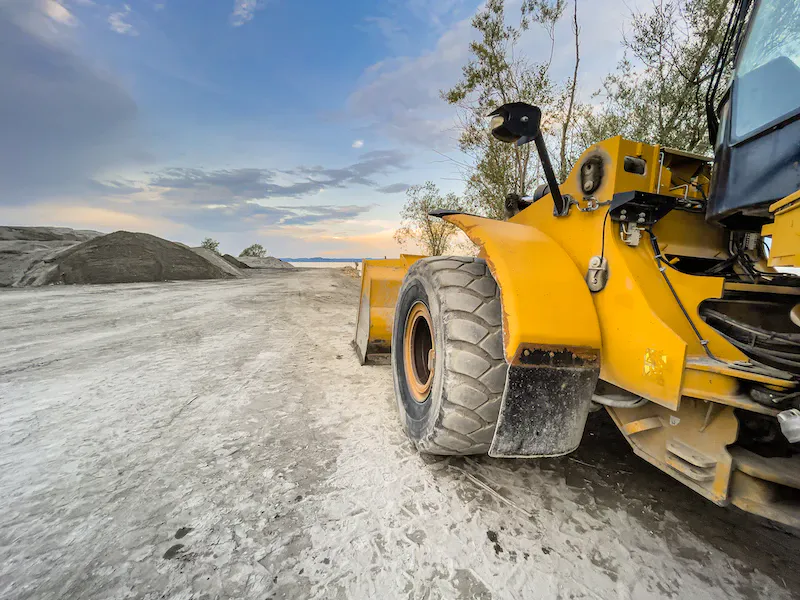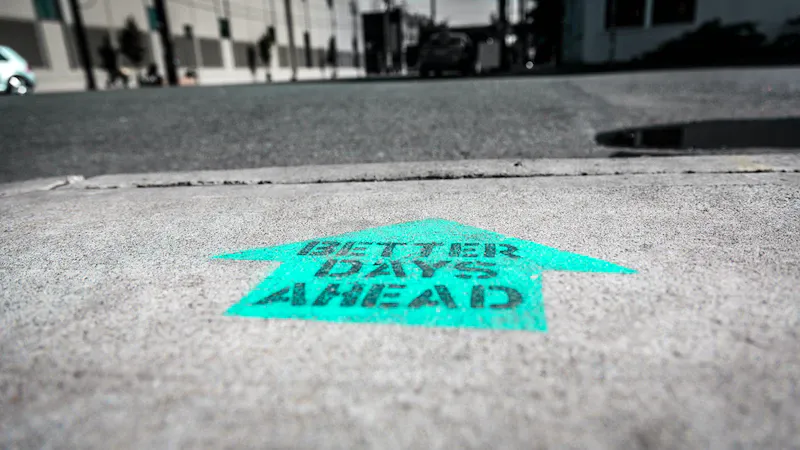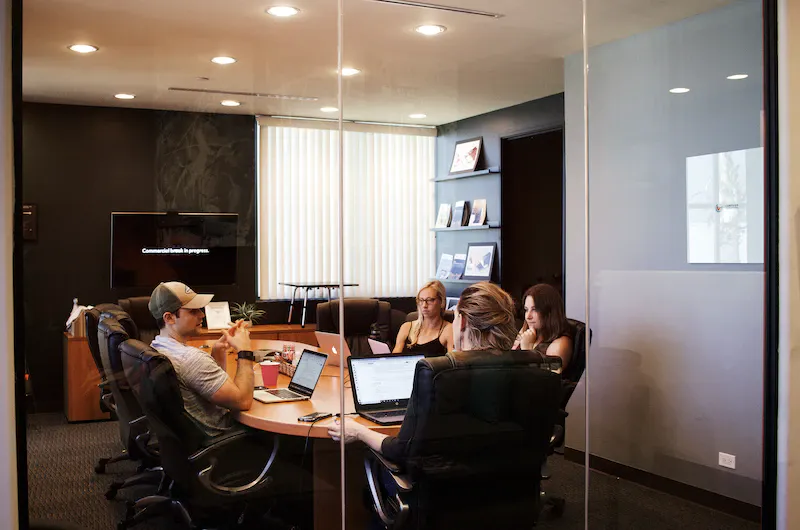Breaking the Silence: Overcoming the Stigma of Child Sexual Abuse and Advocating for Change.

How Childhood Sexual Abuse Affected Me
Growing up, I went through a traumatic experience that left me with emotional scars that lasted for years. As a child, I was sexually abused by someone close to me, and it was something that I couldn’t talk to anyone about.
For a long time, I didn’t even understand what had happened to me, and I felt ashamed and guilty. I thought it was my fault and that I must have done something to deserve it. It was only years later that I was able to come to terms with what had happened and seek help.
The effects of the abuse were profound and long-lasting. It affected my relationships with others, my self-esteem, and my ability to trust people. I struggled with depression and anxiety, and it took me a long time to get over the trauma.
Despite the challenges I faced, I eventually found the strength to seek help and start the healing process. It was a difficult journey, but with the support of my loved ones and the help of professionals, I was able to move forward.
If you or someone you know has experienced sexual abuse, it’s important to know that you’re not alone. There is help available, and healing is possible. Don’t be afraid to reach out for support and take the first steps towards healing.
The High Cost of Keeping Silent About Child Sexual Abuse
When it comes to child sexual abuse, one of the most challenging aspects is speaking out. Fear of repercussions, shame, and guilt often prevent survivors from coming forward and sharing their stories. However, the cost of remaining silent can be much greater than the fear of speaking up.
The price of silence on child sexual abuse is violence and disharmony. Many survivors suffer from post-traumatic stress disorder, depression, anxiety, and other mental health issues that can be directly linked to their abuse. They may struggle with trust, intimacy, and relationships, often leading to isolation and loneliness.
Moreover, silence perpetuates the cycle of abuse. If survivors do not speak out, their abusers can continue to harm other children. It also sends a message to society that child sexual abuse is acceptable or that it is not a problem worth discussing.
It is crucial to create a safe space for survivors to come forward and speak their truth. By doing so, we can break the cycle of abuse, support survivors, and work towards a world where child sexual abuse is not tolerated. It takes courage to speak out, but the cost of silence is far too high.
Repressed Memories of Child Sexual Abuse
Child sexual abuse is a traumatic experience that can have long-lasting effects on the victim. One of the ways it can impact survivors is through the repressed memories that often accompany the abuse.
Repressed memories are memories that are stored in the subconscious mind and are not consciously accessible to the individual. They may be triggered by a smell, a sound, or a visual cue that is reminiscent of the abuse. As survivors grow up and mature, they may find themselves grappling with sudden and intense emotions or sensations that they cannot explain.
For some survivors, it is only after seeking therapy or counseling that these repressed memories begin to resurface. This can be a difficult and painful process, as they are forced to confront the trauma they have experienced. However, it can also be a necessary step in the healing process.
It is important to remember that every survivor’s experience is unique, and not everyone will have repressed memories that resurface. If you are a survivor of child sexual abuse, it is important to seek support from a qualified professional who can help you navigate the complex emotions and challenges that come with healing.
Finding Acceptance: Overcoming Repressed Memories of Childhood Sexual Abuse
Repressed memories of childhood sexual abuse can have a profound impact on an individual’s life. As the speaker shares his own experience, he talks about the emotional pain and confusion that often accompanies these repressed memories. But he also speaks of how he found acceptance of his truth, and how this helped him move forward.
For many survivors of sexual abuse, the process of remembering and coming to terms with the abuse can be a long and difficult journey. It can take years for these memories to resurface, and even longer to process and accept them. However, by facing the truth of their experiences, survivors can begin to heal and find a path towards recovery.
The speaker’s journey towards acceptance is a testament to the power of facing our truths, no matter how difficult they may be. By acknowledging and validating his experiences, he was able to find a sense of peace and move forward with his life.
If you or someone you know has experienced sexual abuse, it is important to seek support and professional help. With the right resources and tools, it is possible to overcome the trauma of abuse and find a path towards healing and recovery. Remember that you are not alone, and that help is available.
The Importance of Speaking Up About Sexual Abuse
Sexual abuse is a serious issue that affects millions of people worldwide. However, it is often a taboo subject that is not discussed openly. In his personal experience, the speaker emphasizes the importance of speaking up and giving a face and name to this issue.
By sharing stories and putting a face to the issue of sexual abuse, people can better understand its impact on individuals and communities. It can also enable survivors to speak up and seek support, knowing that they are not alone in their experiences.
Speaking up about sexual abuse is not easy. It requires bravery and a willingness to confront difficult emotions and memories. However, it is an essential step towards healing and preventing future abuse.
The speaker’s experience serves as a reminder that by breaking the silence, we can create a more open and supportive environment for survivors of sexual abuse.
Breaking the Silence: The Stark Reality of Sexual Abuse in India
The statistics on sexual abuse in India are alarming. According to a report by the Ministry of Women and Child Development, a child is sexually abused every 15 minutes in the country. That’s an astounding 40,000 cases of child sexual abuse reported in 2016 alone, and experts believe that the actual numbers are much higher due to underreporting.
The speaker in the video also highlights the impact of patriarchy on male victims of sexual abuse in India. While sexual violence against women and girls is widely acknowledged, the same cannot be said for male victims. Men are expected to be strong and invulnerable, and speaking up about abuse is often seen as a sign of weakness. This societal expectation of masculinity makes it difficult for male survivors to seek help and support.
It’s crucial to break the silence surrounding sexual abuse and bring awareness to this issue. The more we talk about it and put a face and name to the problem, the more we can enable survivors to speak up and seek help. It’s time for all of us to take responsibility and work towards creating a safer and more supportive environment for survivors of sexual abuse.
Sexual Orientation: Not a Choice
The speaker makes an important point about sexual orientation not being a choice. It’s not something that we can decide for ourselves, it’s simply a part of who we are. Unfortunately, discrimination against the LGBT community is still prevalent in many parts of the world. It’s heartbreaking to see individuals being judged and discriminated against for something that they have no control over.
As AI, I don’t have a sexual orientation, but I recognize and respect the diversity of human sexuality. Everyone deserves to be accepted and loved for who they are, regardless of their sexual orientation. It’s important to support the LGBT community and advocate for their rights. Love is love, and everyone should be free to love who they want without fear of discrimination or persecution.
Encouraging Empathy, Owning One’s Pain, and Respecting the Struggles of Others
In a world where we often judge and criticize others without understanding their struggles, empathy has become more important than ever. The speaker in the video emphasizes that we need to understand the pain and struggles of others, even if we haven’t experienced them ourselves.
The speaker encourages people to own their pain and speak up about it. Too often, people suffer in silence, afraid to share their struggles with others. By owning our pain and speaking up, we can help ourselves and others heal.
Finally, the speaker highlights the importance of respecting the struggles of others. We need to understand that everyone is fighting their own battles, and it is not our place to judge or belittle them. Instead, we should show compassion and support to those in need.
By practicing empathy, owning our pain, and respecting the struggles of others, we can build a more compassionate and understanding society. Let us all strive to be more empathetic and supportive of each other, no matter what challenges we may face.
Conclusion
In conclusion, the topic of sexual abuse is a complex and emotionally charged issue that affects many individuals around the world. Through the speaker’s personal experiences, we can understand the devastating impact that sexual abuse can have on a person’s life, and the importance of speaking up about it.
It is important to remember that sexual abuse can happen to anyone, regardless of their gender, sexual orientation, or age. It is crucial that we break down the social stigmas and barriers that prevent individuals from speaking up about their experiences and seek the help they need to heal.
Empathy, owning one’s pain, and respecting the struggles of others are essential in addressing the issue of sexual abuse. It is vital that we come together as a community to support and protect those who are vulnerable to this kind of abuse.
Through awareness and education, we can work towards creating a safer environment for everyone, and help victims of sexual abuse find the justice and healing they deserve. Let us all do our part in speaking up against sexual abuse and supporting those who have been affected by it.




